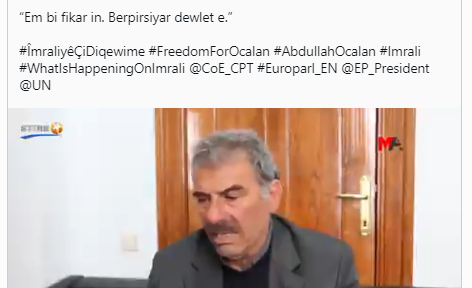The PKK-affiliated Autonomous Administration in northern and eastern Syria has announced the adoption of a tax law for the residents in the areas under their control for the first time. This law is unprecedented since the control of Syrian Democratic Forces (SDF) in northern and eastern Syria. The PKK-affiliated Autonomous Administration in northern and eastern Syria says that tax collection will begin in early July.
Younis Al-Karim, an expert on Syrian economic affairs, said: “The collection of taxes will increase the pressure on the people of this region and will lead to the public anger, because all the ruling groups in different parts of Syria do not provide services.” They are looking for new financial resources, and people are in dire financial straits due to the consequences of the war.
In contrast, Salwa al-Sayyid, a member of the Autonomous Administration in northern and eastern Syria, described the law as “one of the most sensitive and accurate” and added that it would have a direct impact on all sections of society from two perspectives: First, the law will help achieve “social justice”. It will also be one of the main sources of revenue for the Autonomous Administration to improve the management of areas under its control and rebuild infrastructure, and to support the import of basic goods and provide funding to pay employees.
The law consists of 92 articles, which are divided into two parts: direct and indirect taxes; In the direct tax sector, the military, security forces, Kurdish families killed in the wars against ISIS and Turkey, and agricultural activists are exempt from paying taxes. In this regard, Al-Karim told Al-Arabi Al-Jadeed about the reasons for issuing this law at the present time: “The approval of the tax law is in line with the efforts of the Autonomous Administration to institutionalize its actions after internal and external pressures.” It also seeks to establish itself as an independent political entity capable of acceptable management of the areas under its control and to enforce laws independent of the Syrian government.
Al-Karim added: “Another reason for the adoption of the tax law is the heavy financial pressures that the Administration is facing, especially since the Syrian government does not make financial payments in return for imports of oil and gas from areas controlled by the Autonomous Administration.”
The United States has also told the Kurds that Washington’s funding is not permanent and that the Administration should seek to improve its financial management. He added: “These taxes will not continue for a simple reason, which is the presence of two institutions in the same area”: Kurdish Autonomous Administration and Syrian Government.










